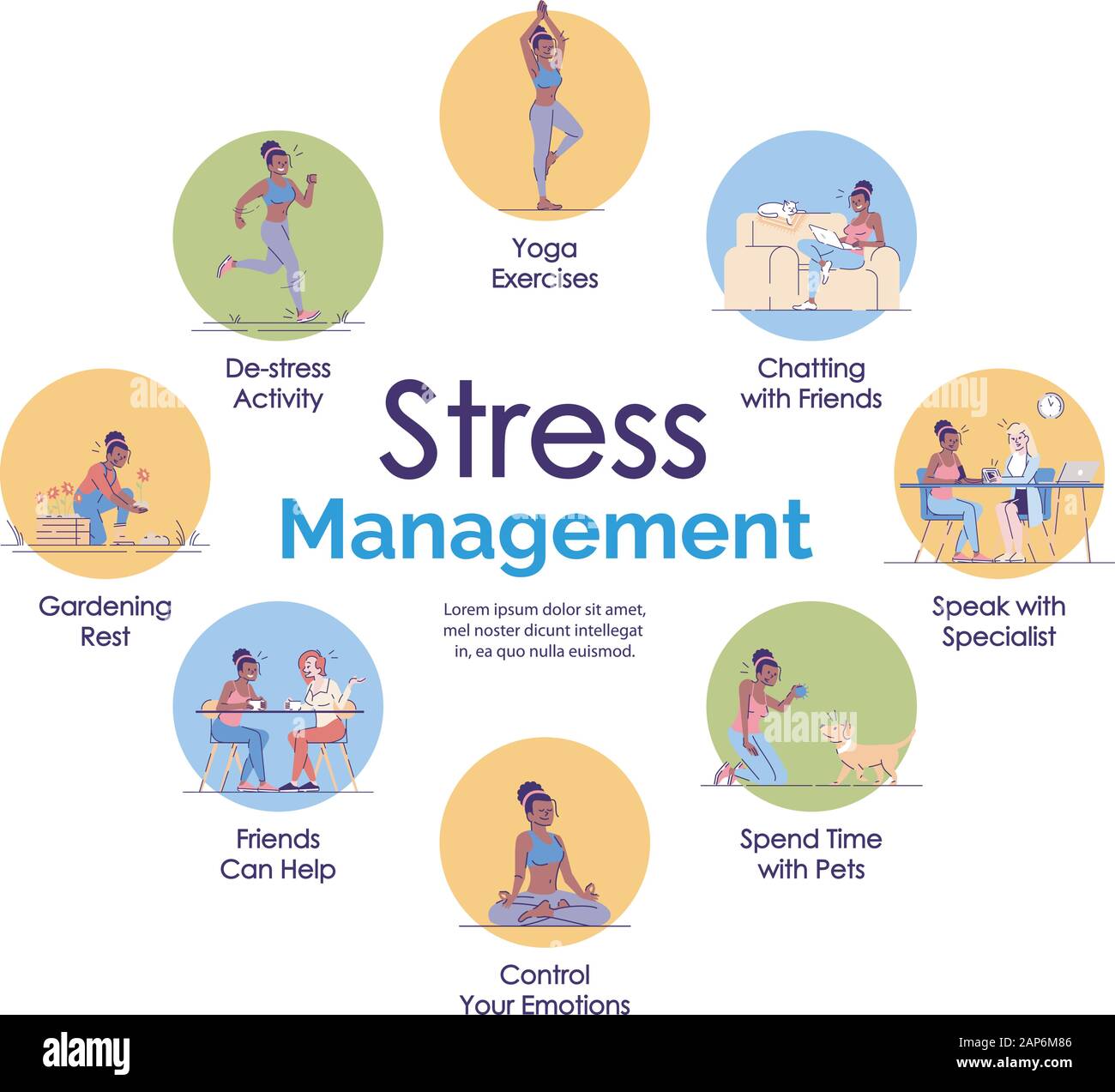
Understanding the Impact of Stress and Ways to Manage It
The weather has been quite cold lately, and I've noticed that my desire to drink water has significantly decreased. Recently, I decided to take a bath and observed that my urine was extremely yellow. This made me think about what could be causing this change. Then it hit me—I hadn’t drunk any water at all the previous day!
Cold or even room-temperature water doesn’t appeal to me, but I’ve found that warm water is more palatable. So, I now make it a habit to drink warm water regularly. Staying hydrated is crucial for our bodies, as it plays a vital role in maintaining overall health.
On Sundays, I have a routine of checking the Punch newspaper’s Facebook page to see readers’ reactions to my articles and to note down their questions. Last week, there was a lot of confusion regarding efo ebolo, which I mentioned was used for treating kidney disease, and the plant featured on my logo. The plant on my logo is Launaea taraxacifolia, known as efo yanrin in Yoruba. It's native to Africa and is often mistaken for dandelion. However, dandelion is Taraxacum officinale, which is not native to Africa. While both plants belong to the Asteraceae family, they are different species.
Last week, we started discussing stress. Our body’s response to stressors can sometimes be beneficial, giving us a burst of energy to escape danger or perform well under pressure, according to Michelle Dossett, MD, PhD, MPH, an internist and integrative medicine specialist at the University of California, Davis. This kind of stress, called eustress, can motivate and energize us, enhancing performance and personal growth. It is typically short-term and linked with positive life events or challenges we feel capable of handling.
However, long-term stressors can have a detrimental effect. Bert Uchino, PhD, a professor of psychology at the University of Utah, explains that prolonged stress is usually the worst kind. Here are some effective ways to manage stress:
Spend Time in Nature
A review of 14 studies suggests that spending as little as 10 minutes in a natural setting can improve psychological and physiological markers of mental well-being, including perceived stress. Even in urban areas, you can find green spaces like botanical gardens.
Get More Physical Activity
A six-week study involving 185 university students found that participating in aerobic exercise two days per week significantly reduced overall perceived stress and stress due to uncertainty.
Eat a Balanced Diet
A 2022 review indicates that people who consume a diet high in ultra-processed foods and added sugar are more likely to experience higher levels of stress. Chronic stress may also lead to overeating and consuming more processed foods.
Minimise Screen Time
Excessive smartphone use has been linked to increased stress levels. It can also negatively affect sleep, which in turn may increase stress.
Practice Self-Care
Self-care involves tending to your well-being and happiness. Activities like walking outside, reading, preparing healthy meals, getting a massage, or engaging in hobbies can reduce stress.
Reduce Caffeine Intake
Too much caffeine can worsen stress. Although coffee has health benefits in moderation, it is advisable to keep caffeine intake low.
Spend Time with Loved Ones
Staying connected with supportive friends, family, or neighbors can help reduce stress. A 2019 study found that lower levels of support from loved ones were associated with higher perceived stress.
Get Good Sleep
Healthy sleep is essential for managing stress. Lack of sleep can trigger the release of stress hormones like cortisol, leading to chronic stress. Good rest helps reduce these hormones naturally.
Go for Therapy
Therapy offers personalized strategies to manage stress. Techniques such as psychotherapy and relaxation training can help reduce stress levels.
Avoid People Who Cause Stress
If someone is stressing you out, communicate your concerns respectfully. If no changes occur, limit your time with them or end the relationship.
Several studies highlight the importance of improving sleep and spending time outdoors to reduce stress. Life may not always be easy, but it's important to remember that emotional health affects overall well-being. Let go of worries about situations you cannot change, and know that there will be light at the end of the tunnel.
